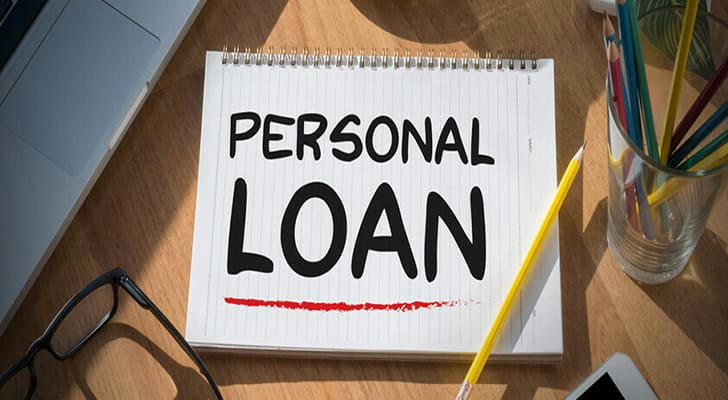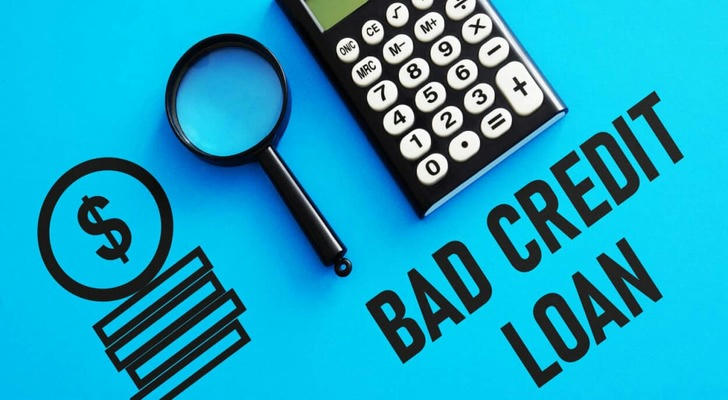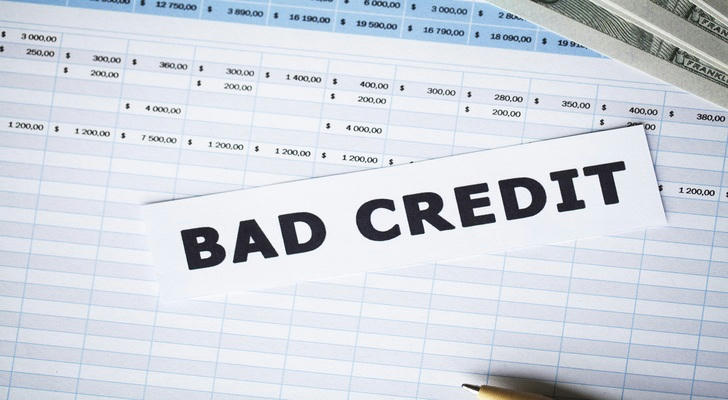Little Known Ways To Boost Your Credit Score Quickly

There are many times when people need to get a loan – to pay bills, an emergency situation, or make a purchase, etc. In today’s economy, it is fairly easy for people with good credit to get a loan… But what about those with bad or poor credit? Of course, this doesn’t mean you can’t get a loan if you have bad credit. But people with bad credit may face challenges when applying for a personal loan,making it more difficult to obtain the necessary funds.
What is the definition of Bad Credit?
Bad credit means having a low credit score, which can happen due to missed payments, unpaid loans, or other issues that show a higher risk of not repaying. Credit scores range from 300 to 850, and scores below 580 are usually seen as poor. Because of this, people with bad credit often find it hard to get credit cards, mortgages, or personal loans, since lenders see them as risky borrowers.
Factors Lead to Bad Credit

Bad credit can be caused by a variety of factors, including:
1.Missed or late Payment
Missed or late payments are a major cause of poor credit. If you don’t pay your credit card bills, loans, or other bills on time, it can lead to a record of late payments.. Payment history accounts for 35% of your credit score, so missing just one payment can have a big impact. Also, late payments can hurt your credit score for up to seven years, causing long-term influence to your credit report.
2.High Credit Card Balances
Having high credit card balances can also hurt your credit score. Credit utilization, which is the amount of credit you use compared to your total available credit, makes up 30% of your credit score. Using too much of your available credit can make lenders think you might not be able to pay back, which can lower your credit score.
3.Bankruptcies
Bankruptcies can also contribute to bad credit. This can stay on a credit report for up to ten years, making it hard to get credit or loans. Lenders see bankruptcies as signs of financial problem and may hesitate to lend money to those with them on their credit reports.
4.Identity theft
Personal information (such as Social Security numbers, credit card numbers, bank account information, etc.) was stolen, resulting in unexplained debt and bad credit history. For example, Jane Doe, a 35-year-old marketing professional, suffered identity theft in March 2024, where her personal information was stolen, $15,000 in unauthorized credit card purchases were made, and five new credit accounts were opened.
The Impact of Bad Credit on Personal Loans
Getting a personal loan can be tough for people with bad credit. Lenders might see them as risky borrowers and may impose restrictions, like limiting loan amount, charging higher interest rates, or requiring collateral to get the loan.
1.Higher Interest Rates
One of the biggest effects of bad credit on personal loans is higher interest rates. Lenders see people with bad credit as more likely to miss payments, so they charge higher rates to reduce their risk.
2.Limited Loan Amounts
Another impact of bad credit on personal loans is the limited loan amounts. Lenders may limit the amount of money to borrowers with bad credit to lower risk. As a result, individuals with bad credit may not be able to borrow as much money as they need.
3.Reduced loan selectivity
People with bad credit may face limited loan options. Conventional lenders like banks and credit unions may hesitate to lend money to high-risk individuals. They may need to consider other lenders, such as online lending platforms, which may have more relaxed credit requirements.

Ways to Improve Bad Credit
There are several ways to improve bad credit, including:
1.Pay Bills on Time
Paying bills on time is one of the best ways to boost bad credit. Because payment history makes up 35% of your credit score, making payments on time is very important. Setting up automatic payments or reminders can help you avoid late payments and protect your credit score.
2.Reduce Credit Card Balances
Reducing credit card balances is another way to improve bad credit. It's smart to aim for a ratio below 30%, and if you can manage it even lower. For example, eat out less and avoid impulse purchases.
3.Maintain Old Accounts
The length of your credit history is also important for your credit score. Closing old credit card accounts can shorten your credit history and hurt your score. So, it’s a good idea to keep these accounts open, even if you don’t use them often. Just make sure to check them for any unauthorized charges.
4.Be Patient
Improving your credit score is a long-term battle, and the key is to stick to good financial habits and your credit score will gradually rise, paving the way for a brighter financial future.
Get rid of Bad Credit and Take Control of Your Finances
Your credit score can make or break your financial future. Understand the impact of a bad credit score and take proactive steps to protect your financial health and improve your financial future.
